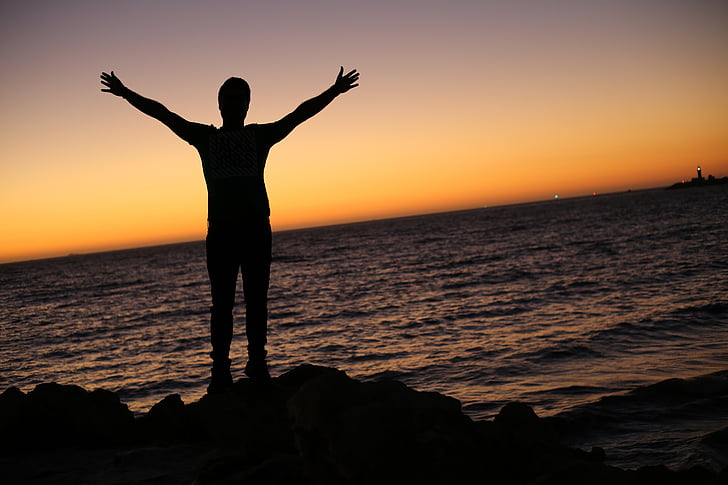Physical Address
304 North Cardinal St.
Dorchester Center, MA 02124
Physical Address
304 North Cardinal St.
Dorchester Center, MA 02124

We are living through a great unraveling. All around us, the old gods are dying—faith, tradition, the quiet dignity of craftsmanship—and in their place, new altars are being erected. Not in stone temples, but in the scrolling feeds of smartphones, the tribal chants of stadiums, the feverish devotion to political saviors. This isn’t progress. It’s displacement. A man cannot live without something to worship, and when the true God disappears from a culture, men don’t become rational freethinkers. They simply find worse things to bow before.
History whispers this truth to anyone willing to listen. When the French Revolution guillotined its priests and installed the Cult of Reason in Notre Dame Cathedral, it didn’t create an age of enlightenment. It birthed the Terror. When Soviet commissars smashed church domes and erected statues of Lenin, they didn’t eliminate worship—they redirected it to the Party. Today, we’re more sophisticated in our idolatry. We don’t burn incense before marble statues; we bow before algorithms that dispense dopamine like sacramental wine. We don’t chant Latin hymns; we recite brand slogans with religious fervor.
The male psyche in particular rebels against meaninglessness. Testosterone is the hormone of purpose—it demands something to build, something to protect, something to conquer. Denied proper channels, this energy doesn’t disappear. It mutates. You can see it in the way men now invest their warrior instincts into video game battles, their tribal loyalty into sports franchises, their sacrificial impulses into corporate ladder-climbing. These aren’t hobbies or careers—they’re spiritual practices in secular disguise.
Consider the data: antidepressant use has skyrocketed alongside the decline of religious affiliation. Mass shooters often leave behind manifestos that read like perverted sermons. Young men flock to online gurus who promise purpose through self-help or political radicalization. These aren’t coincidences. They’re symptoms of what happens when you try to remove the religious impulse from human nature rather than direct it toward proper ends.
The solution isn’t a forced return to any particular faith, but an honest reckoning with our design. Men will always organize their lives around some ultimate concern. The only question is whether that concern will be worthy of their devotion. A life built around accumulating luxury watches is not more rational than one built around prayer—just more hollow. A man who sacrifices everything for his startup isn’t fundamentally different from a monk taking vows of poverty—just less honest about what god he serves.
We stand at a crossroads. One path leads to increasingly frantic attempts to fill the void—with politics, with consumerism, with digital distractions. The other requires the courage to ask: What is actually worthy of a man’s life? What deserves his sacrifices? What story is big enough to make sense of both his triumphs and his suffering?
The answers won’t be found in a new app or policy proposal. They’re written in the oldest books, etched into the human heart, waiting to be remembered. A man must worship. The only choice is what.